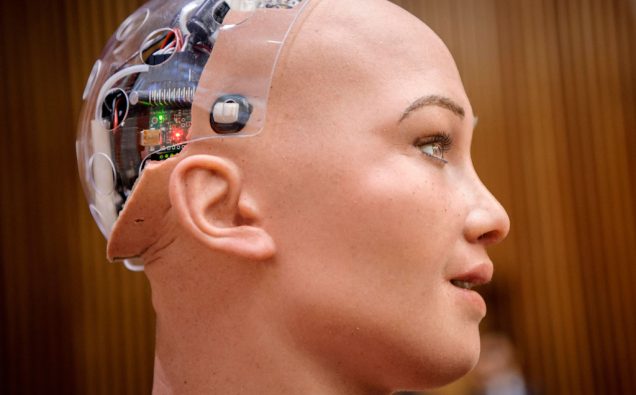
Sophia the robot at UN Headquarters. UN Photo
Artificial Intelligence may not have taken the world by storm as yet – not the way a Sci-Fi would have us believe. But the promise of the technology has certainly excited many who see a lot of good coming out of it – from a windfall of economic benefits to individual empowerment.
Yet, others, already upset with the Internet intrusions into privacy, fear a big change coming for the way of life, with companies and manufacturers having a big control over lives and livelihoods.
Amidst these questions, Google CEO, Sundar Pichai, is sounding optimistic about the potential benefits of the technology.
“AI is probably the most important thing humanity has ever worked on. I think of it as something more profound than electricity or fire,” he said in Davos, Switzerland, where some of the leading business and technology minds are gathering for exchange of ideas.
“Any time you work with technology, you need to learn to harness the benefits while minimizing the downsides,” he said, according to a post on World Economic Forum website.
But several thought leaders are skeptical about the impact and vulnerabilities that could come with widespread use of artificial intelligence for societies and countries.
The implications will be not only for the workforce but also for societies and governments particularly in the context of safety and security of people and installations.
At the same time, the promise of artificial intelligence looks immense for economic, scientific, industrial and technological advancements.
















